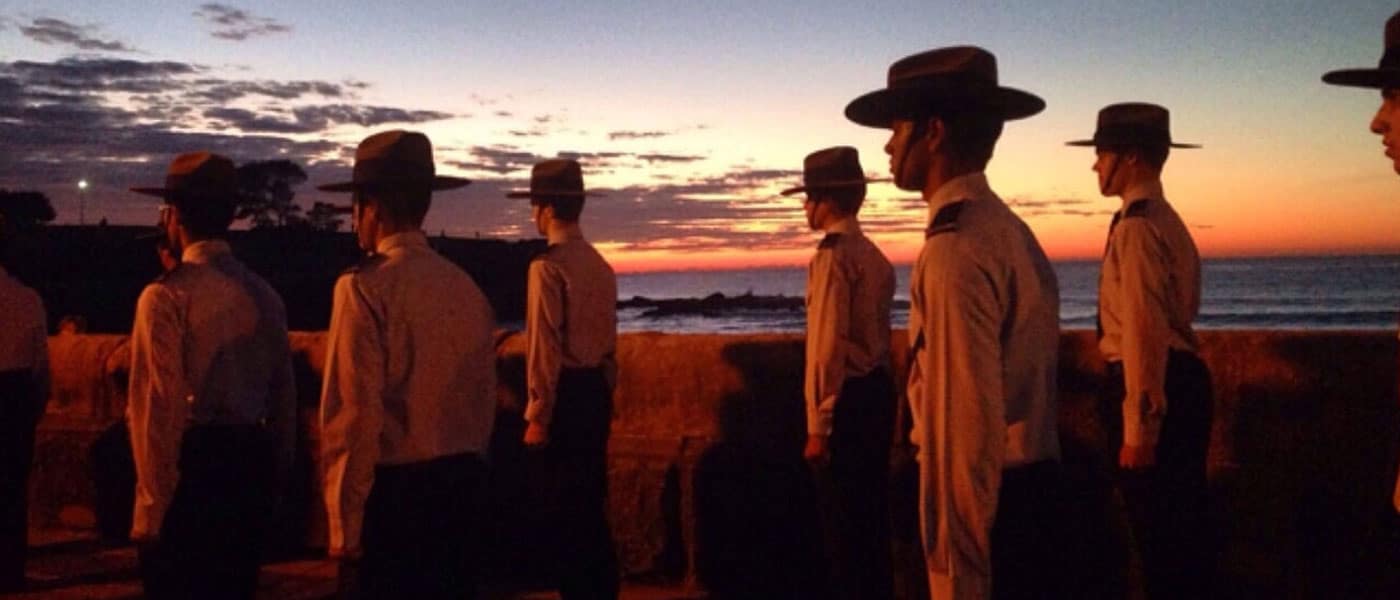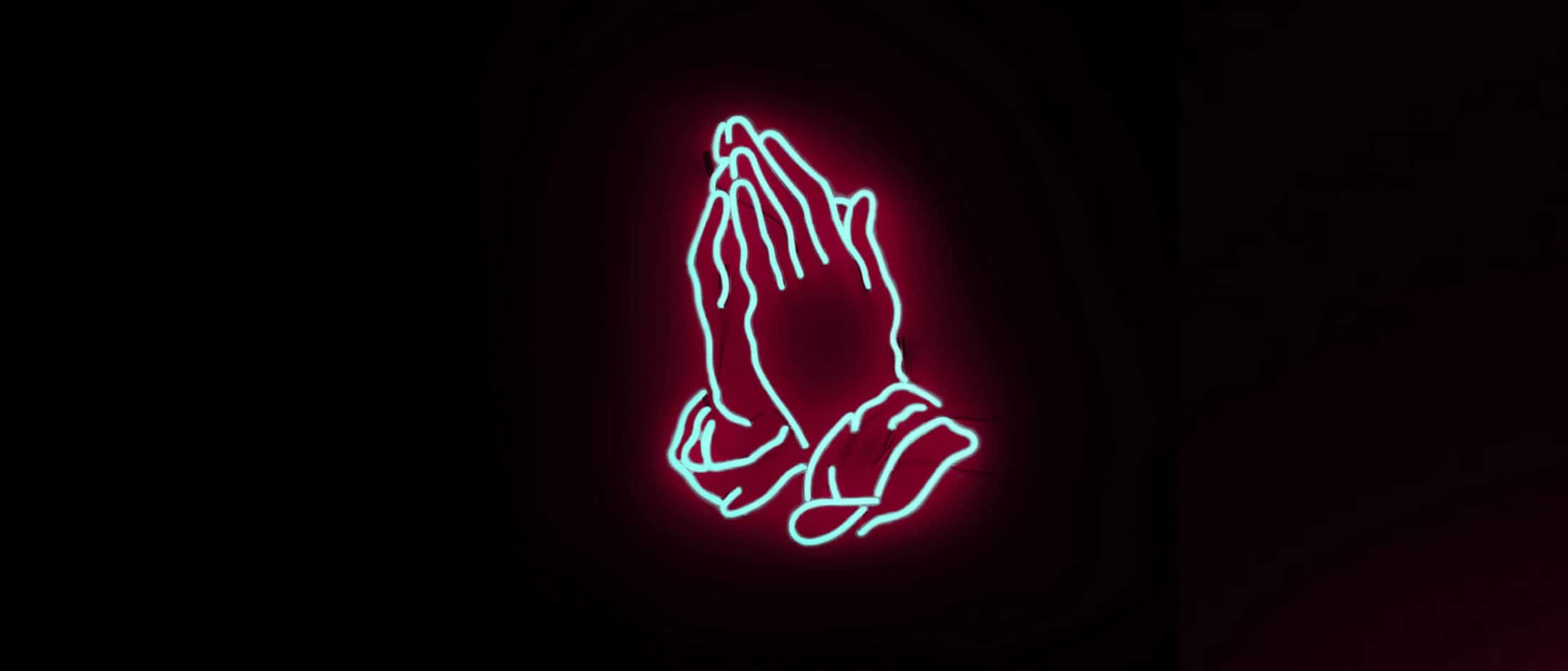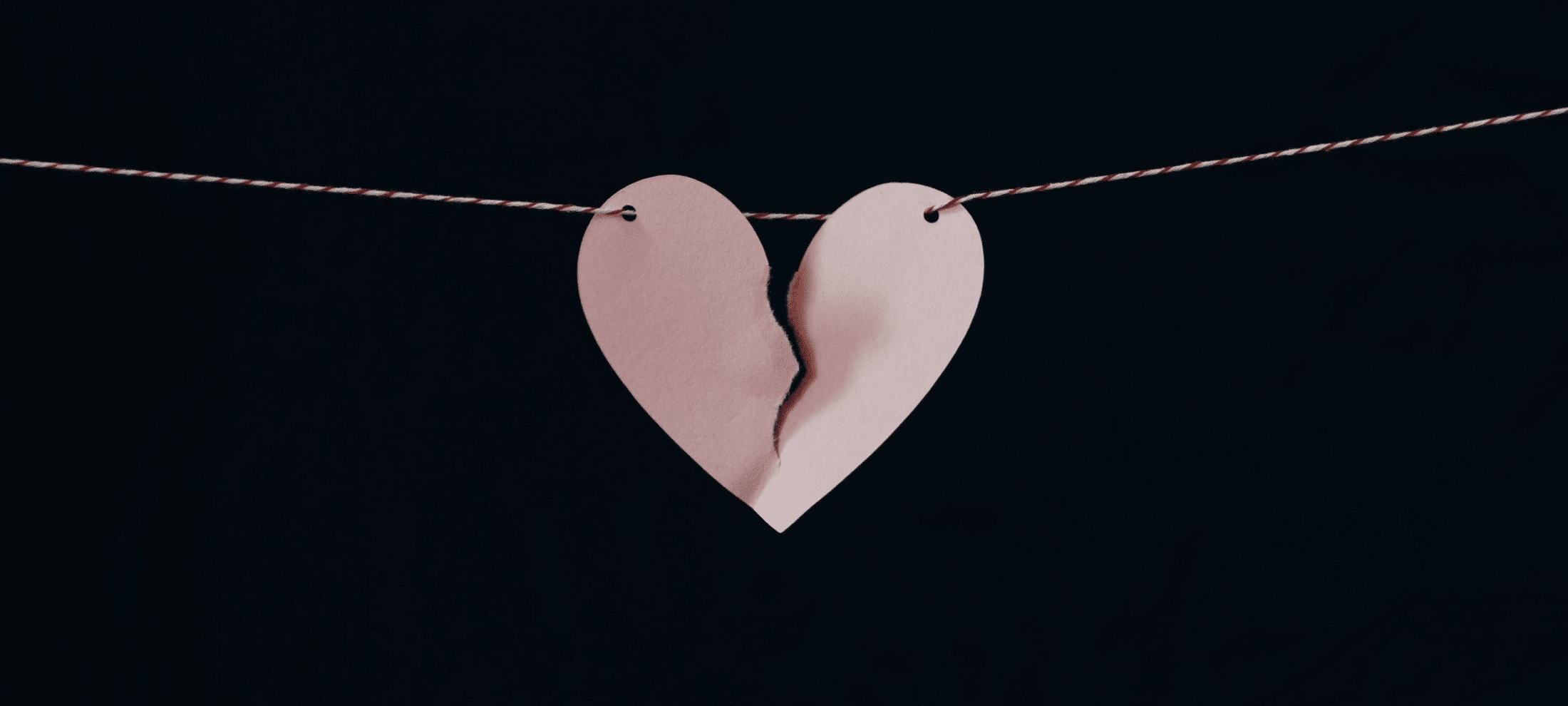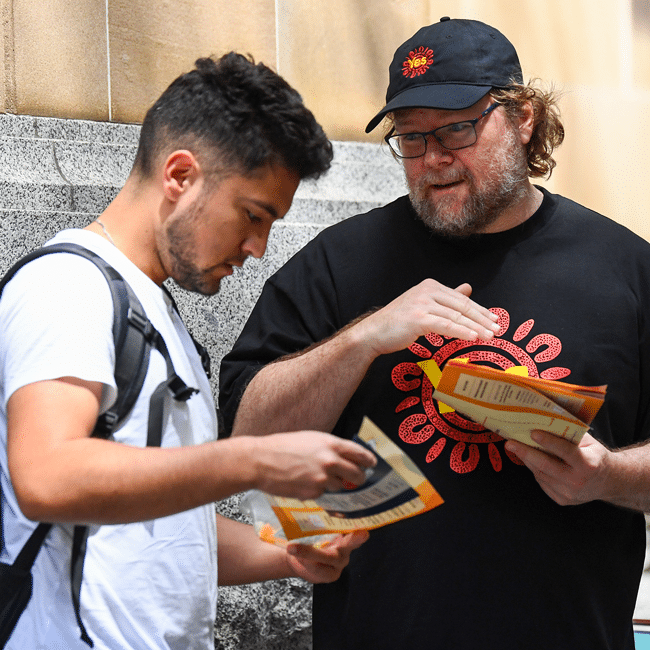
Can we celebrate Anzac Day without glorifying war?
Opinion + AnalysisRelationships
BY Matthew Beard The Ethics Centre 23 APR 2016
Michael Salter’s article on masculinity and the Anzac story asks important questions of the Anzac story in the Australian consciousness. He paints a compelling story of how militarism threatens to taint both the traditions of Anzac and modern Australian masculinity.
Salter points to William James’ calls for a “moral equivalent of war”. James sought a way to inspire young people to commit to their shared sense of duty without needing to rely on militarism and a general affection for war. It’s crucial, James believed, to provide a social narrative that drives citizens beyond the selfish “pleasure economy” wherein we forget tradition, civic duty and our responsibility to the community.
In today’s Australia, the Anzac story is a crucial aspect of that narrative.
James described the military character as a “pure piece of perfection”. It’s pretty easy to see echoes of this idea in the modern image of the Digger – sacrificial, loyal, hardy, well-humoured, and courageous. Everything a good Australian should be.
The problem is when this story cannot be separated from the military context – when the virtues of the warrior lead us to believe war itself is virtuous and intrinsically worthwhile. That’s what James (and Salter) mean by ‘militarism’ – the mentality that war is good because it teaches virtue.
It’s the threat of militarism that led James to call for a moral equivalent of war. Salter points to the difficult tension for a society that rallies around military stories and figures while also facing an epidemic of (male) violence against women. Is the threat of militarism too great for the Anzac ethos to overcome?
William James described the military character as a “pure piece of perfection”.
I’m not convinced. I think it makes a good case for expanding the kinds of stories we listen to in silent contemplation on Anzac Day, but it doesn’t follow the need to do away with the story altogether.
What we might need to do is counterbalance our social interest in the virtue and nobility of the warrior character (including, dare we say, the warrior ethos that lived in Australia for 40,000 or so years before Anzac) with some honest reflections about the reality of war.
A study compiled by McCrindle Research in 2015 – which Salter also cited – suggests more than a third of Australian men would sign up to a war equivalent to WWI if it occurred today. That should be concerning – for most nations involved in the conflict the ethical justifications are hazy. Just war theorist Nicholas Fotion says, “of the major powers to enter the war in 1914, Britain is the only one that does not constitute a difficult case”.
Given this, there is good reason to believe many Australians are confusing the always tragic, sometimes necessary ethics of just war theory with the idea that participating in war is always virtuous. Do they need to stop being taught about war or do they need to be informed of its tragic reality?
Perhaps we’ve remembered the valour of soldiers from decades ago while overlooking the testimony of many of Australia’s modern Anzacs.
According to some reports, former US President Theodore Roosevelt hoped his sons might lose a limb in war as a mark of valour. This militarism though, disappears somewhat from his later letters after his sons were injured. Although he still believes his sons fought with valour, he is more circumspect than what he may have been earlier.
And this presents us with a possible solution – to broaden our war stories to include the horror and suffering it inflicts alongside our praise for the valour and sacrifice of the Anzacs.
Perhaps we’ve remembered the valour of soldiers from decades ago while overlooking the testimony of many of Australia’s modern Anzacs. Those whose character has been profoundly affected by war in ways William James never imagined – PTSD, traumatic brain injury, homelessness, substance abuse, unemployment, family breakdown – also need to be thought of and reflected upon.
If the readiness to use force when necessary is indeed a virtue, it needs to incorporate a full understanding of the personal and moral costs of violence.
This serves the intended purpose of Anzac – to bear silent witness to the sacrifices of Australian military men and women. As an added bonus, it might counteract the rampant militarism James feared – and which might be infecting us more than we know.
Ethics in your inbox.
Get the latest inspiration, intelligence, events & more.
By signing up you agree to our privacy policy
You might be interested in…
Opinion + Analysis
Politics + Human Rights, Relationships
When human rights complicate religious freedom and secular law
Big thinker
Politics + Human Rights, Relationships
Big Thinker: Eleanor Roosevelt
Opinion + Analysis
Health + Wellbeing, Relationships
How to break up with a friend
Opinion + Analysis
Relationships




